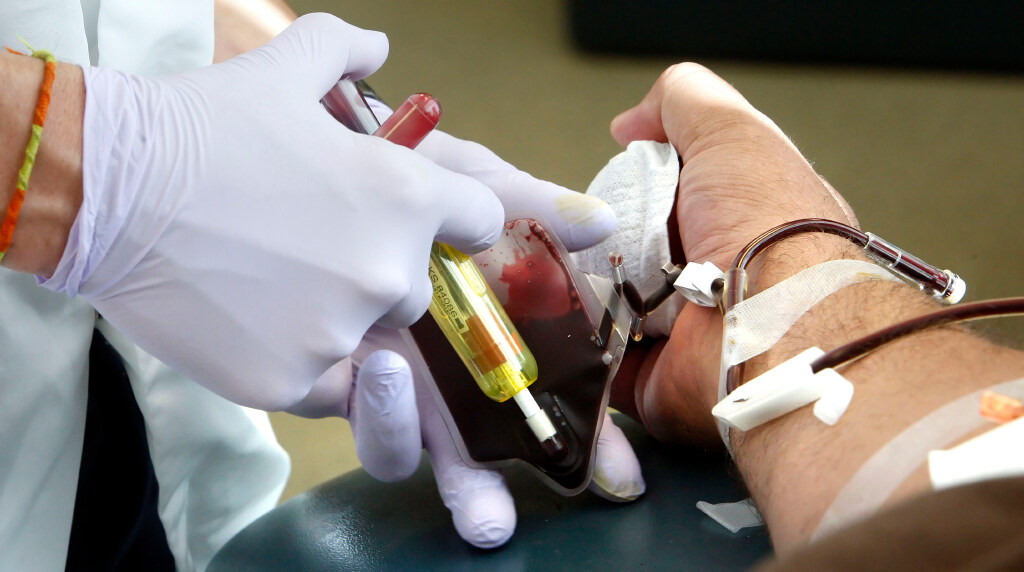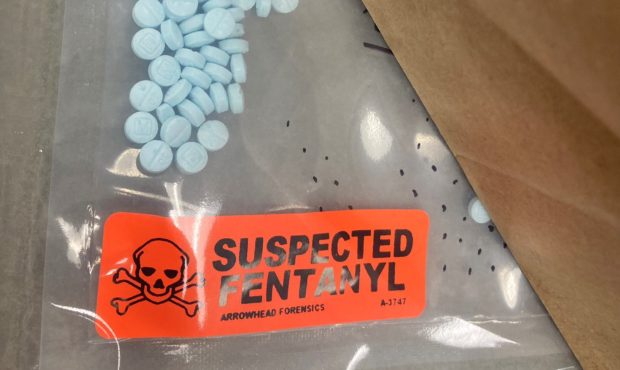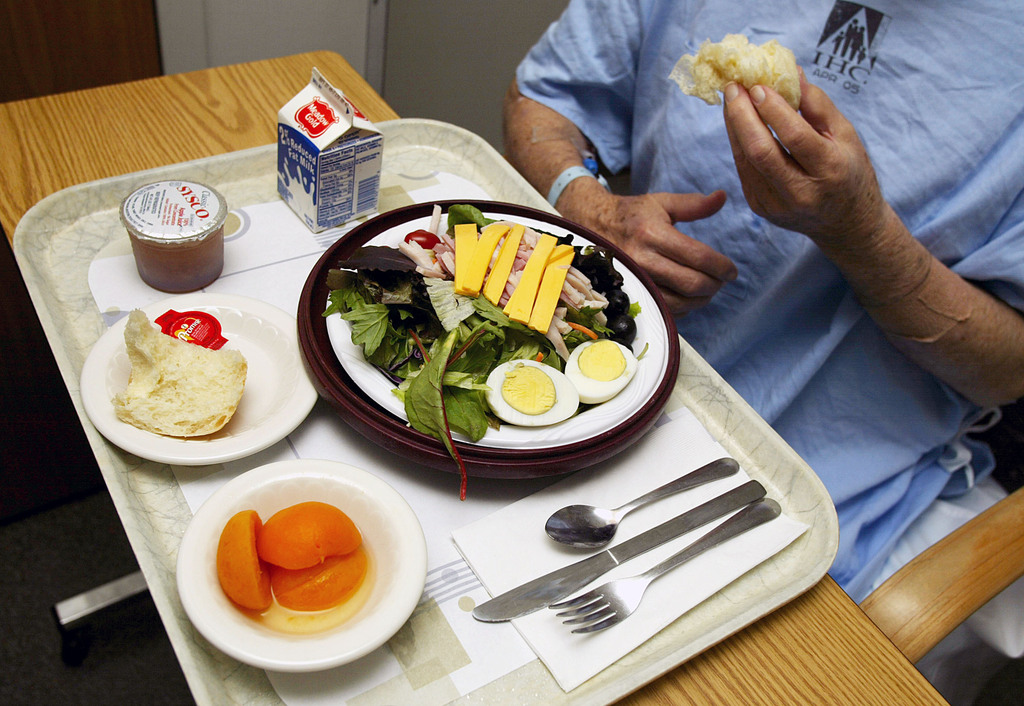Blood donor eligibility guidelines updated, says American Red Cross
Aug 7, 2023, 8:55 AM

FILE - Blood flows through a tube from a donor. (Scott G. Winterton/Deseret News)
(Scott G. Winterton/Deseret News)
SALT LAKE CITY — The American Red Cross announced that it will implement the Federal Drug Administration’s new blood donor eligibility guidelines. The new guidance now allows gay and bisexual men to donate blood.
“A revised blood donor process begins today with the introduction of the Individual Donor Assessment (IDA) screening, a step toward a safe and more inclusive blood supply,” said a press release provided by The American Red Cross.
Additionally, the American Red Cross has revised its blood donor eligibility questionnaire. It no longer considers sexual orientation, sex, or gender.
Furthermore, gay men are no longer required to abstain from sex for three months prior to donating. The IDA focuses solely on risk factors for HIV such as sexual behavior and recent sexual partners.
Chief Executive Officer of the American Red Cross Utah/Nevada region, Heidi Ruster, said the Individual Donor Assessment is a pivotal shift toward equitable blood donation policies.
“This is a positive step toward meeting the critical need for a secure, diverse blood supply while emphasizing safety and inclusion for all,” said Ruster.
Early blood donor
Chris Van Bibber, a Salt Lake City resident, will be one of the first gay men to donate blood since the implementation of the new policy.
“This cause is close to my heart, as my mother received a blood transfusion during childbirth,” said Van Bibber. “I’m proud to honor her by giving back to the community.”
The decision to change policy comes during a looming blood shortage, according to the American Red Cross. The organization saw a drop in donations in May and June. This drop has strained the blood supply.
The American Red Cross said that it has supported changing the policies concerning sexually active gay men. It has long advocated for eliminating donor questions that are based on sexual orientation. The organization was a leading contributor to the FDA-funded study that led to the changes becoming a reality.
Ruster said blood donation organizations need individuals like Van Bibber who feel strongly about donating blood.
“Being able to contribute after all these years is not just a personal achievement, but a collective step forward for inclusivity and equality,” said Van Bibber.
Safety and donations
The American Red Cross and its industry partners use many layers of safety precautions to protect the blood supply and their donors. Eligibility screening, and rigorous testing of each donation for HIV, hepatitis B & C, and other agents that can be transmitted through blood, are precautions that are taken.
“Patients can feel confident and trust that the blood they receive is safe,” Ruster said.
The changes come after decades of data collection and assessments that have improved the safety of blood transfusions.
Blood banks are currently in need of all types, said the American Red Cross. However, there is a more urgent need for O-negative, O-positive, and B-negative blood types.
Those interested in donating can use the Red Cross Blood Donor App, visit their website , or call 1-800-RED-CROSS (1-800-733-2767) to schedule an appointment.
Related reading:
- During Sickle Cell Awareness month, American Red Cross seeks donations
- The American Red Cross of Utah celebrates laboratory team
- LGBTQ advocacy groups to file lawsuit over Utah’s transgender-related surgery law












